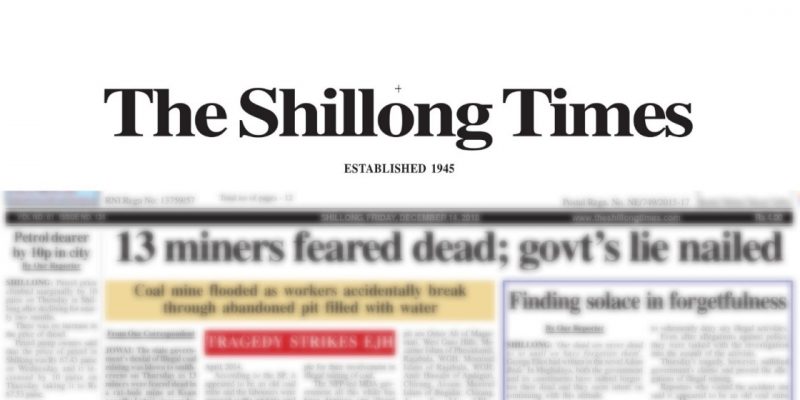Controversy:
-
Government amended rules to exclude protocol services and guest house facilities from being applicable to the retired judges and their spouses and children.
-
The matter was taken up by the high court on its own and further the high court had set aside the amendment.
-
The Shillong Times has published an article titled “When judges judge for themselves” in pursuant to above order.
-
Meghalaya High Court’s held The Shillong Times editor Patricia Mukhim and publisher Shobha Chaudhuri guilty of contempt and fined them Rs 2 lakh each.
-
The Supreme Court has put on hold the Meghalaya High Court’s order.
Contempt of Court
-
Contempt of court refers to actions which defy a court’s authority, cast disrespect on a court, or impede the ability of the court to perform its function.
-
The Contempt of Court provisions in India are enshrined under Articles 129 and 215 of the constitution for Supreme Court and High Court respectively and Contempt of Courts Act, 1971.
Civil Contempt is defined as willful disobedience to any judgment, decree, direction, order, writ or other processes of a court or wilful breach of an undertaking given to a court.
Criminal Contempt is defined as the publication (whether by words, spoken or written, or by signs, or by visible representation, or otherwise) of any matter or the doing of any other act which:
-
Scandalises or tends to scandalise, or lowers or tends to lower the authority of, any court, or
-
Prejudices, or interferes or tends to interfere with the due course of any judicial proceeding, or
-
Interferes or tends to interfere with, or obstructs or tends to obstruct, the administration of justice in any other manner.

Section 20 of the Contempt of Courts Act of 1971 limits the period for initiating contempt proceedings is of one year from the date on which the contempt is alleged to have been committed.